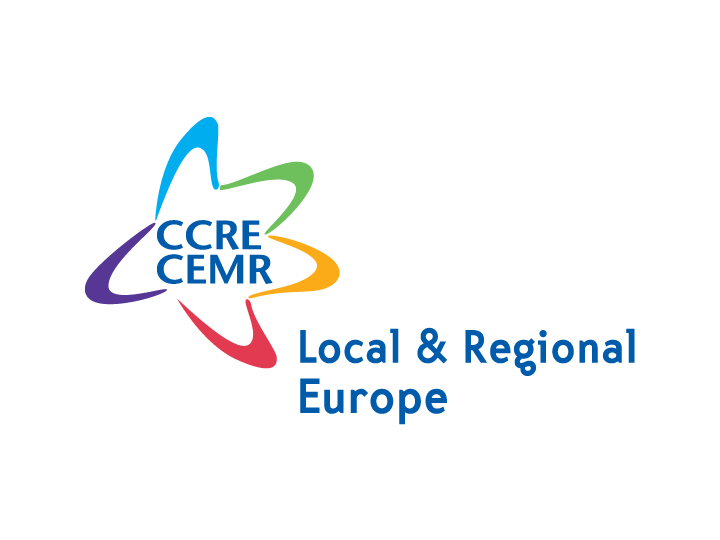Check out the compilations of good practices
These guidelines, which include a set of good practices shared by European cities, were developed by an expert group set up by the European Commission. CEMR was represented within this group by Marcel Meeuwissen from the City of Enschede in the Netherlands.
What are intelligent transport systems?
Intelligent transport systems support sustainable urban policy goals by applying modern information and communication technologies to urban transport. They can help transport networks within a city to become more efficient by, for example, providing real-time information on traffic conditions. They can also provide technology to determine how clean vehicles entering environmental zones are and make transport safer via collision warning and speed alert devices integrated directly into vehicles.
Why is the European Commission involved?
The European Commission aims at bringing support to cities in developing intelligent transport systems, notably by providing a platform for the exchange of best practices between cities all over Europe. Thus, it hopes to ensure the interoperability of all urban transport networks in order to facilitate the implementation of intelligent transport systems in cities without such systems.
In 2008 and 2009, the Commission published two action plans, which gave the impetus needed to kick-start EU level support in helping promote the implementation of intelligent transport systems in European cities.
rn

Climate, Sustainable Finance Officer






